A bill that would allow limited driving privileges for undocumented immigrants in North Carolina recently passed the state House committee 22-to-11.
But it still faces a split Republican membership, and opposition from the governor.
“It’s a very controversial bill,” said District 50 Rep. Graig Meyer, a Democrat. “It may be one of the most controversial bills that comes up this session that hasn’t gotten a veto from the governor. There are many members who are anti-immigrant in their overall sentiments. And they are passionately against this bill.”
That’s District 50 Rep. Graig Meyer, a Democrat. He supports House Bill 328, which provides a restricted drivers permit for applicants “not lawfully present in the United States.”
“They would have a way to get a driving permit, so that we would at least know who is driving on our roads; that they have a license and have passed and understand all of our driving laws; and that they’re eligible to get insurance,” said Meyer. “It puts all of us at risk to have people on the roads who don’t know the rules and aren’t insured.”
The process would include fingerprinting, background checks and passing a state driving test.
Meyer addressed the presumed difficulty in getting undocumented people to reveal themselves to local governments that way.
“Those people who do register for a driving permit will have to, obviously, give their information over to be held by the state of North Carolina, just as all licensed drivers have their information in the license database,” said Meyer. “But, the information they give cannot and will not be given to law enforcement for the purpose of deportation or other immigration hearings, unless that person has been convicted of a crime.”
Meyer added that there’s one more significant incentive to consider.
“The people who are here, who are undocumented – don’t have access to drivers licenses – know that every day that they get out on the road without a license, they are risking deportation for getting a ticket,” said Meyer.
The Highway Safety and Citizens protection Act of 2015, as it’s called, also increases penalties for the manufacture of fake IDs, in an effort to reduce identity theft.
Related Stories
‹
![]()
On Air Today: Eliazar Posada-Orozco on the Community's Response to ICE OperationsIn the wake of last week's federal immigration enforcement operation, Eliazar Posada-Orozco joins 97.9 The Hill's Brighton McConnell on Monday, Nov. 24 to share his own experience.

North Carolina Republicans Already Seek to Tighten Up 2024 Immigration Enforcement LawNorth Carolina Republicans want a 2024 deportation law tightened further as President Donald Trump's national immigration crackdown builds.
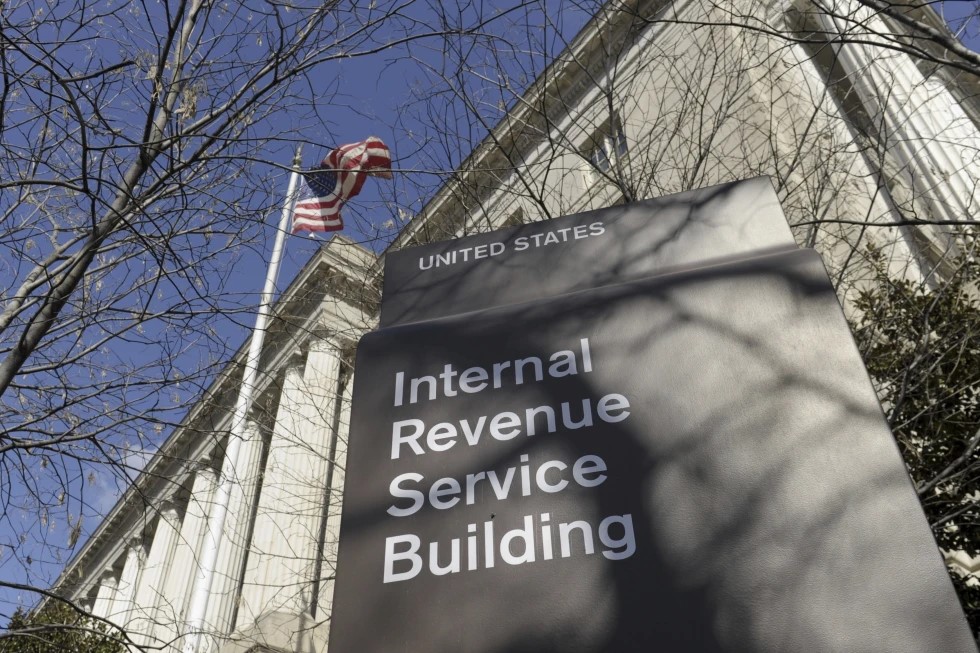
IRS Acting Commissioner Is Resigning Over Deal To Send Immigrants’ Tax Data to Ice, AP Sources SayThe acting commissioner of the IRS is resigning over a deal to share immigrants’ tax data with ICE to deport people illegally in the U.S.
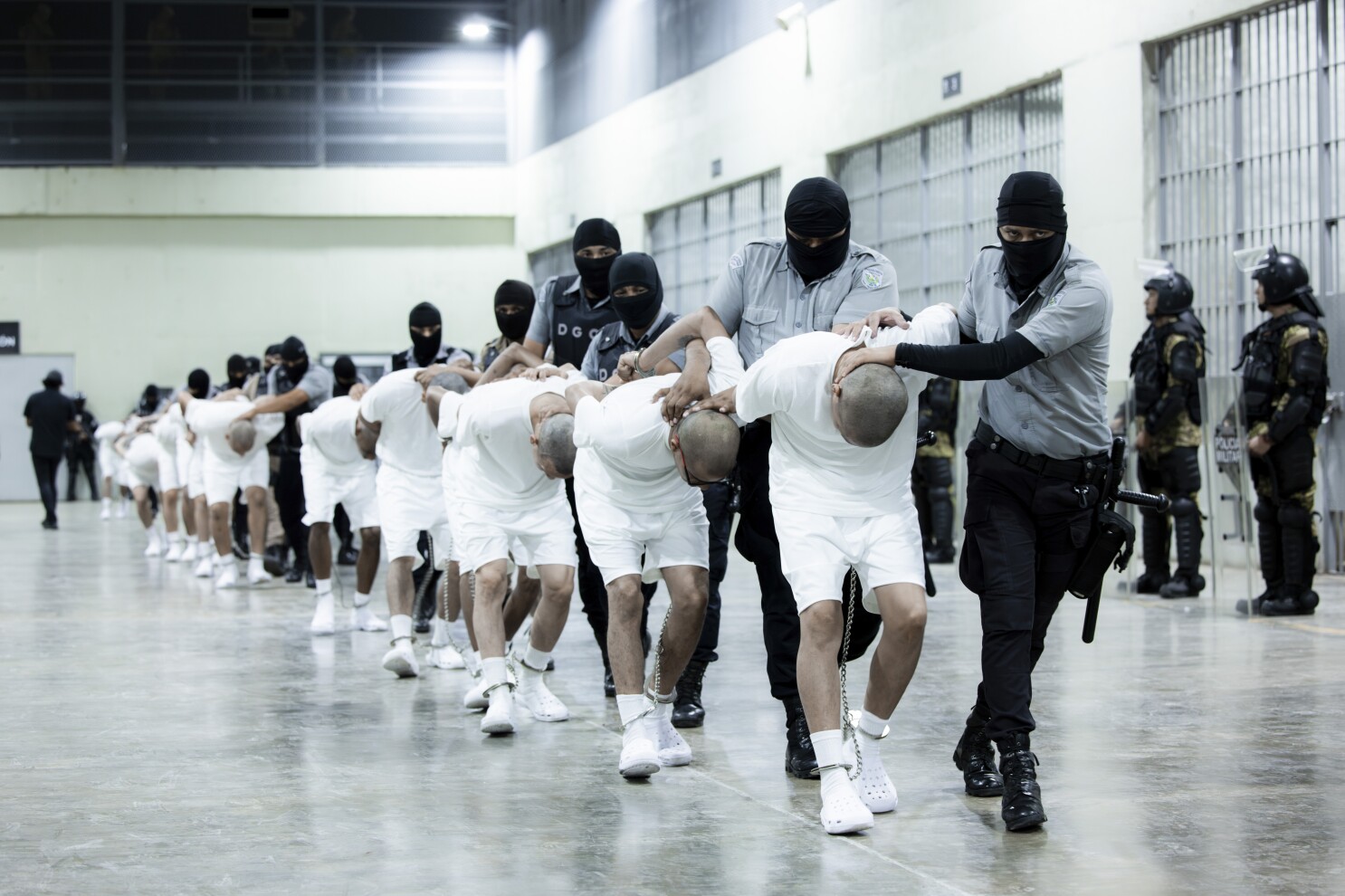
What To Know About El Salvador’s Mega-Prison After Trump Sent Hundreds of Immigrants ThereThe crown jewel of El Salvador’s aggressive anti-crime strategy is the latest tool in U.S. President Donald Trump’s crackdown on immigration.
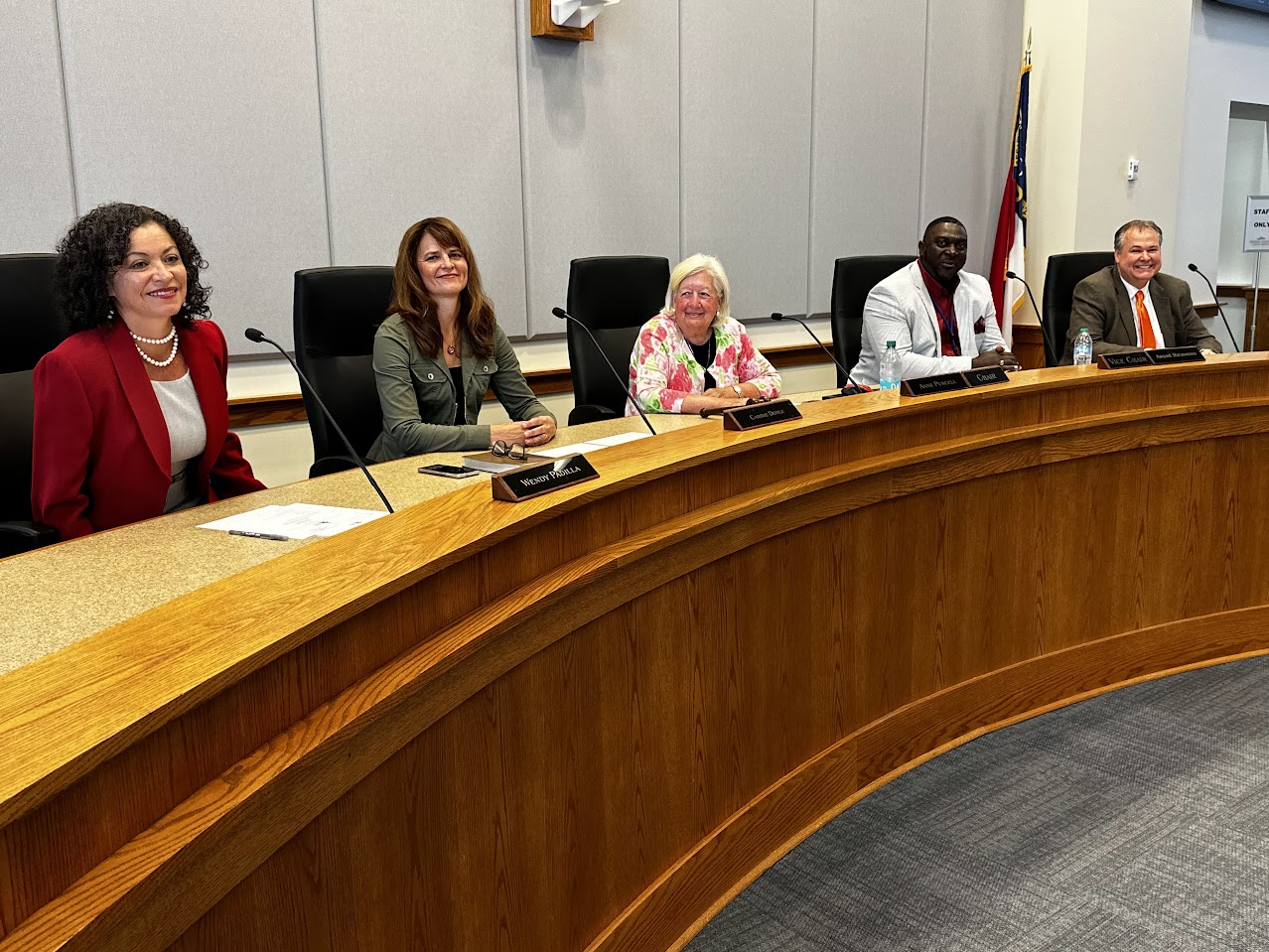
Orange County School Board Adopts Resolution Supporting Immigrant Families, StudentsOrange County's school board passed a resolution in favor of helping its immigrant families and students, the latest act of local support.

Allen Buansi Sworn in To Succeed Rep. Insko for NC House District 56Attorney and former Chapel Hill Town Council member Allen Buansi officially became the latest state representative on Wednesday morning. Buansi was sworn into the North Carolina House of Representatives to succeed Rep. Verla Insko in District 56, which covers Chapel Hill and Carrboro. The ceremony followed Buansi’s appointment to the role and primary election win […]
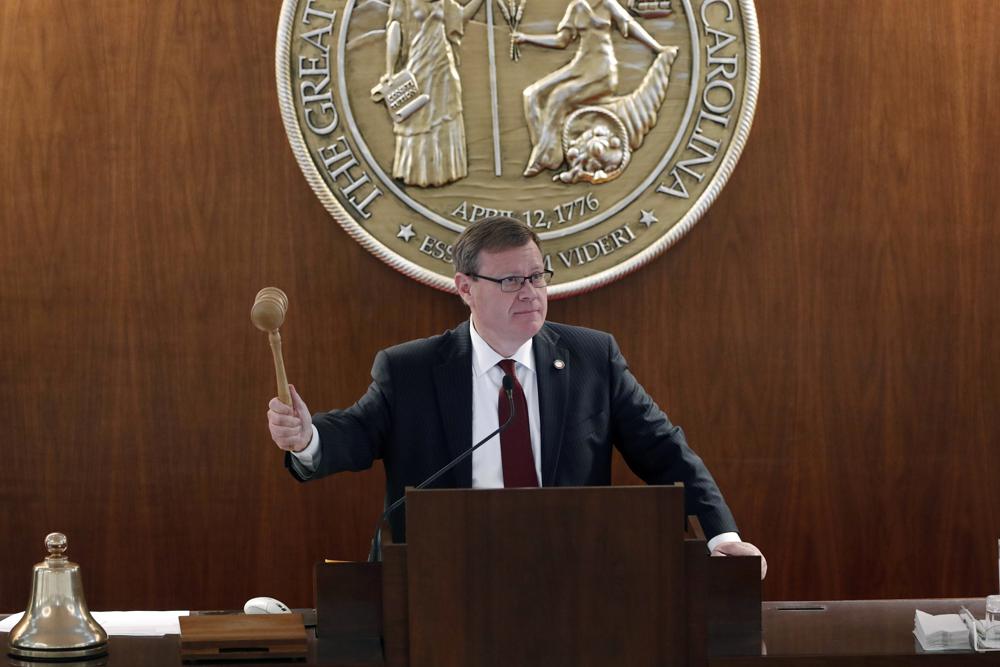
NC House Speaker: Budget, New Maps Are Goals for OctoberRepublican legislative leaders are aiming to finalize a North Carolina state government budget and complete redistricting by the end of October, House Speaker Tim Moore said on Wednesday. Speaking to reporters after a House floor session, Moore said he was hopeful that House and Senate Republican budget writers would get a compromise spending plan to […]
![]()
Immigrants With Temporary Status Have Grown Deep Roots in U.S.Written by AMY TAXIN, JEFF ROBERSON and MARCOS ALEMÁN Irma Chavez is a married mother of four who leads a business networking initiative in this small Arkansas city she calls home. It’s a long way from her life as a live-in housekeeper in California years ago, and further still from a childhood working in El Salvador’s […]
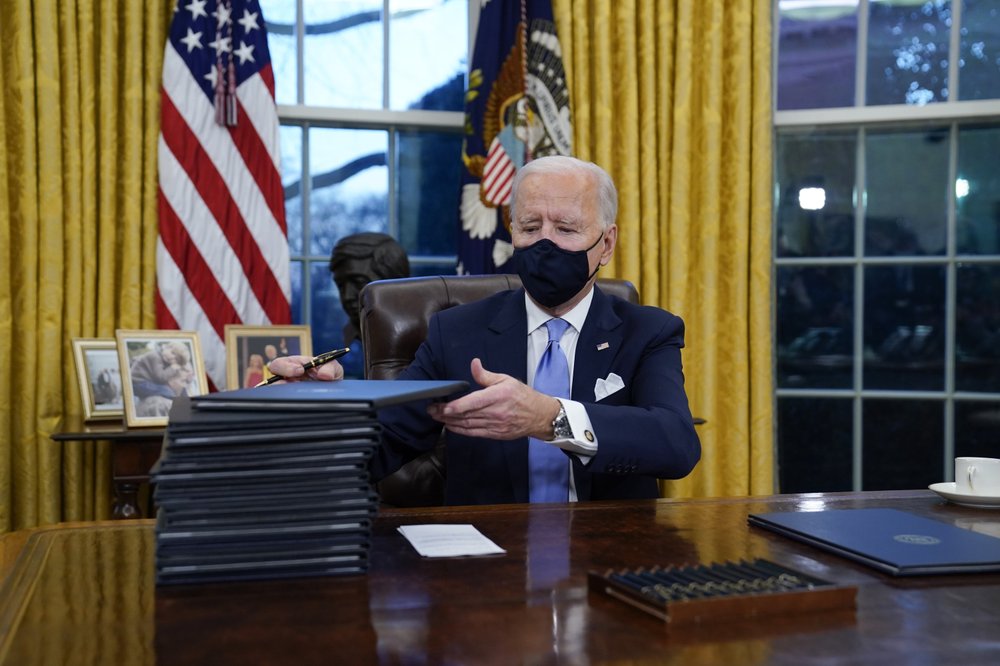
Biden Day One Executive Actions Bring Hope to UNC Undocumented CommunityThe first day of the Biden Administration saw 17 executive orders signed - six of which dealt with immigration. For UNC group UndocuCarolina this news brought a sense of hope for undocumented members of the UNC community.
![]()
Young Immigrants Land Court Win but Still Face UncertaintyThe U.S. Supreme Court has upheld legal protections for young immigrants, but President Donald Trump could still take away the ability for hundreds of thousands of them to live and work legally in the United States. With no legislative answer in sight, that means the uncertainty of the last eight years isn’t over for many […]
›








